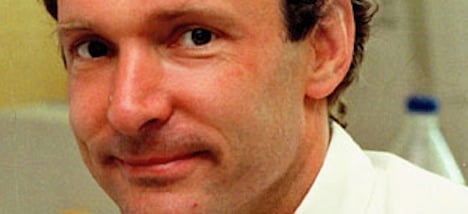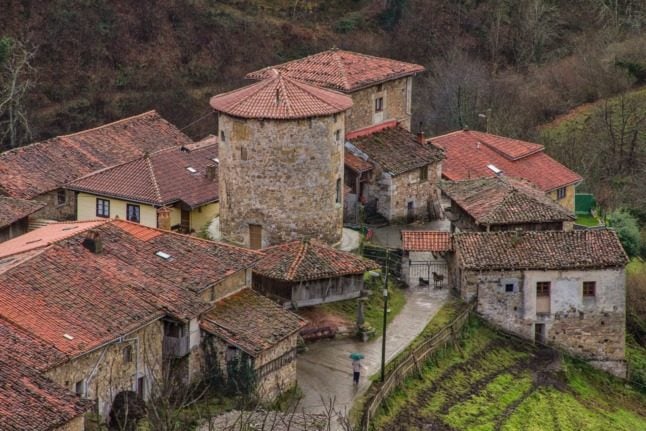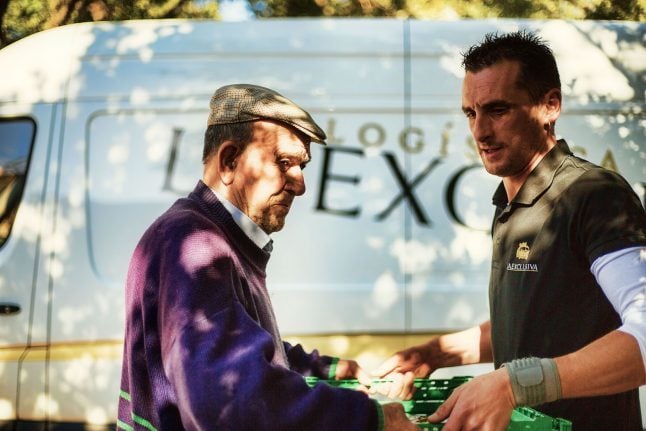The comments by Tim Berners-Lee at the World Economic Forum on Friday plugged into a wider debate among the delegates on the future of the internet, particularly how to balance openness with privacy and security.
While Yahoo! chief Marissa Mayer told the forum there was a "trade off" between privacy and the benefits of increasingly personalised services offered by internet giants, the network's founding father took up the ethical issues at stake.
"The dream is of a more open web," Berners-Lee told the gathering in the Graubünden ski resort, citing social media as a way of breaking down barriers.
But he said the recent suicide of Aaron Swartz, a 26-year-old US Internet activist who faced charges of illegally copying and distributing millions of academic articles, highlighted government efforts to police the internet.
"He downloaded a lot and so the secret service in the US decided that he was a hacker," Berners-Lee said.
"For them that isn't the term of great praise that it is when I use it," he said.
"For me a hacker is someone who is creative and does wonderful things."
Berners-Lee, a scientist at CERN, the Geneva-based European Organization for Nuclear Research, launched the first web page on Christmas Day 1990 and is is credited with creating the World Wide Web.
The Briton called on international governments to release more data, saying that others could use it to find solutions to problems including economic and health issues.
"They can give you 101 reasons for not doing it but it comes down to control," he told the forum.
But Yahoo! CEO Mayer had a different take when it came to data about individual users held by companies such as hers and by other Internet giants such as Facebook and Google.
"I think that privacy will always be something that users should consider," Mayer said.
"But I also think that privacy is a trade off," she said.
"Because where you give that personal information you get functionality in return."
Mayer, 37, who took over in July at Yahoo! after 13 years at Google in a move aimed at reinvigorating the faded internet firm, said the future lay in the increased "personalization" of the web.
She predicted the dominance in coming years of handheld Internet devices to take personalized content.
But she added: "The real question is making money from it."
Joichi Ito, director of the Media Lab at the Massachusetts Institute of Technology, said the internet worked best when it was governed only by the needs of individual users and communities.
"The Internet is a bunch of humble little small pieces loosely joined," Ito said.
"There's no one on the internet that tries to control the whole of it," he said.
"When you're in a network and you've got YouTube and Facebook and you've got all these other things, lots of little features together make the whole work."
For government leaders at Davos the topic was about how to harness the power of the internet to boost the global economy — while also maintaining security against fraud and terrorism.
More than 70 companies and government bodies officially signed up to the World Economic Forum's new "Cyber Resilience" principles on Friday aimed at tackling the issue.
Speaking at Davos on Friday, British cyber security minister Francis Maude said a "safe and secure" internet was necessary to help business thrive.
"Cyber security is a shared, global challenge — our companies operate in a global marketplace," Maude said.
"The cyber threat knows no geographical boundaries and it matters that those we connect to are secure as well."
Separately, Neelie Kroes, the European Union's telecommunications commissioner, was at Davos to appeal to companies and governments to improve the technological skills of young Europeans to compete with the rest of the world.
Berners-Lee agreed, saying that the world economy needed "more people who can program" and that in the internet age children should be taught how to use computers from an early age.
But he added: "Computers are important, but young people should study history and art and music and things."




 Please whitelist us to continue reading.
Please whitelist us to continue reading.
Member comments